Summer Camp, COVID-19, and Food Service
In this new reality of Summer Camp operations, we are looking closely at the impacts, changes, and protocols that should be considered while planning for Summer 2021.

More than ever, Food Service companies should be putting an emphasis on sanitation and cleanliness while providing transparent guidelines about food safety and security measures they are taking. This aspect will guide the operations in the kitchen from the first opening day and is necessary in order to mitigate any possible kitchen COVID-19 exposures. Kitchen sanitation and cleaning protocols should be reassessed and all kitchen staff should be up to date on food safety certifications. additionally, they could go through an online training like TBFS Online Camp Kitchen Operations training.
There are a few important things to note that are significantly different for the 2021 Summer Camp season.
- Camps operating in the “bubble”. Many Camps will choose to operate with a policy that no one leaves camp and is allowed to return outside of food service deliveries and a delivery driver (for misc. items) that does not live inside the bubble, but rather just picks up and drops off items from the camp.
- Pre camp quarantine and protocols to create the “bubble”. It is important to note that the food service employees must be aware of the protocols in place that will enable the bubble to be created effectively such as pre camp quarantine and negative COVID test results to enter initially (will also be retested). You could buy rapid covid test while you’re in the camp in case you feel like you’re showing some symptoms.
- Wearing masks at all times in the kitchen. Luckily this has become the new norm and people are relatively understanding and used to wearing masks these days, so this should not be a big deal for most.
- International staff availability. Camps are worried about the volatility of any potential International Support Staff. We do not know what will happen come May 2021. In an effort to combat this unpredictable planning strategy, camps are opting t0 commit to hiring domestic staff for these jobs this upcoming year. Camps will need to understand that this will likely increase the labor cost in the Camp kitchen for 2021. However, it removes the volatility of the International Staff option this upcoming Summer, and this is enough for some camps to make the commitment early on.
- Buffet style, salad bars, self-service, breakfast bars, coffee stations, and meal service. To further mitigate contact, many camps are moving away from having a salad bar and other self service areas where shared utensils are used. These ready to eat food areas that typically require multiple people to come in contact with utensils, squeeze bottles, and food in general. Breakfast bars fall under the same category and may be removed from the service altogether. Family style meals can safely be sent to each group completely covered with plastic wrap from the kitchen and one counselor who is diligent in hand washing can serve the group. Condiments can be assigned and labelled per group to avoid passing these from group to group every day. Capacities in the dining hall should be handled per the camps plan AND outdoor dining should be encouraged when possible.
Planning may be the single most important part to quick and swift action regarding COVID-19 exposure inside the Camp “bubble”.
What do you do if the entire kitchen is exposed?
We believe that you should have a plan for service if this happens. First and foremost, all employees must be quarantined and follow the camps health and safety plan that has put into place. Next, the camp should be ready with a 1 week menu that includes a "Heat and Serve" style menu, complete with quantities per 50 or 100 people and a list of items to be ordered. Lastly, with this information, the leadership team could potentially run the food service in such a dire situation and the camp as a whole will have a continuity plan for feeding the camp community.
Develop a food delivery procedure that mitigate contact.
Increase the frequency of cleaning and disinfecting of high-touch surfaces such as counter tops and touch pads and delivery areas. Establish designated drop-off zones for delivery drivers to help maintain social distancing. Practice social distancing receiving food deliveries, e.g., speaking to your food purveyors to understand their protocols for deliveries.
As Summer 2021 approaches quickly, we will put on more information as we discuss with out camp partners, the camp community, and out network of camp professionals. Any specific questions, please email [email protected] and he will be happy to help in any way possible.
Recent Posts
